Factory Tour
Maximizing Efficiency: The Ultimate Guide to 48V 300Ah Forklift Batteries for Modern Warehousing
In the rapidly evolving landscape of modern warehousing, efficiency is paramount, and choosing the right power source is critical for operational success. The 48V 300Ah Forklift Battery stands out as an optimal choice for businesses seeking to enhance their logistics performance. According to recent industry reports, the global forklift battery market is expected to reach $12 billion by 2025, with lithium-ion batteries driving a significant portion of this growth due to their higher energy density and longer lifespans.
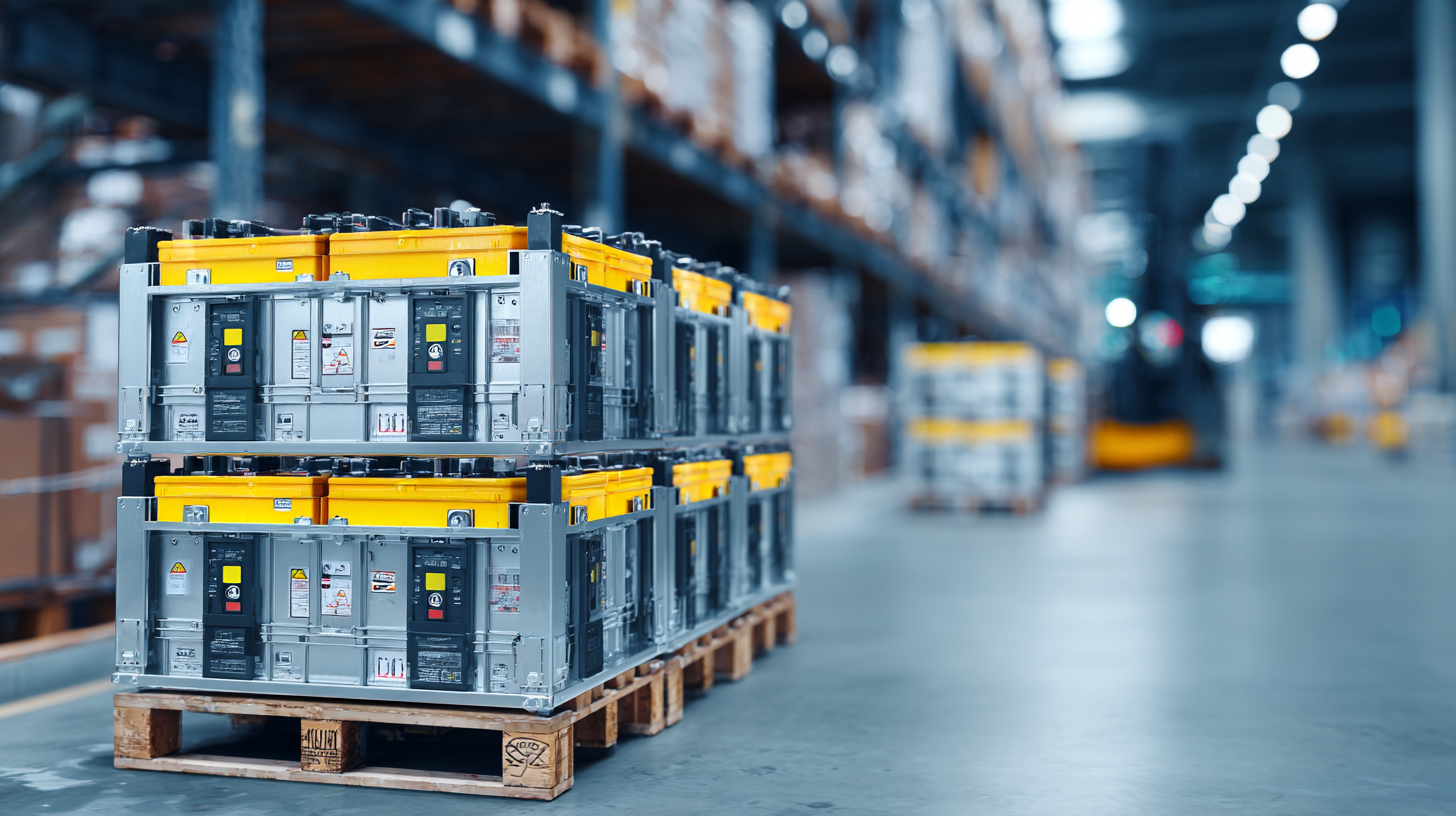
These batteries not only improve charging time efficiency but also reduce maintenance costs, making them a sustainable option for warehouses aiming to lower their operational expenses. As companies pivot towards automated solutions and electric vehicles, understanding the benefits and applications of the 48V 300Ah Forklift Battery becomes essential for maximizing productivity and minimizing downtime in logistics operations.
Understanding the Benefits of 48V 300Ah Forklift Batteries in Modern Warehousing
In modern warehousing, efficiency and reliability are paramount. The integration of 48V 300Ah forklift batteries has revolutionized operations, offering numerous benefits that facilitate seamless workflow. According to a report by the Industrial Truck Association, battery-powered forklifts utilizing advanced lithium-ion technology provide up to 25% longer runtimes compared to traditional lead-acid batteries. This enhancement not only reduces the need for frequent recharging but also minimizes downtime, significantly improving productivity levels.
Tips: To get the most out of your 48V 300Ah forklift batteries, consider implementing a regular maintenance schedule. Keeping battery connections clean and ensuring that the batteries are charged correctly can prolong their lifespan and optimize performance.
Furthermore, the rapid recharging capabilities of these batteries—often within just 2-3 hours—allow for increased operational flexibility. This feature is crucial in high-demand environments where every minute counts. Research from the Battery Council International indicates that modern batteries can also contribute to a 30% reduction in energy costs, making them an economically viable choice for warehouses focused on sustainability and cost-effectiveness.
Tips: Invest in a smart charging system to monitor battery health and charging cycles. This investment can lead to further energy savings and an extended lifespan for your batteries.
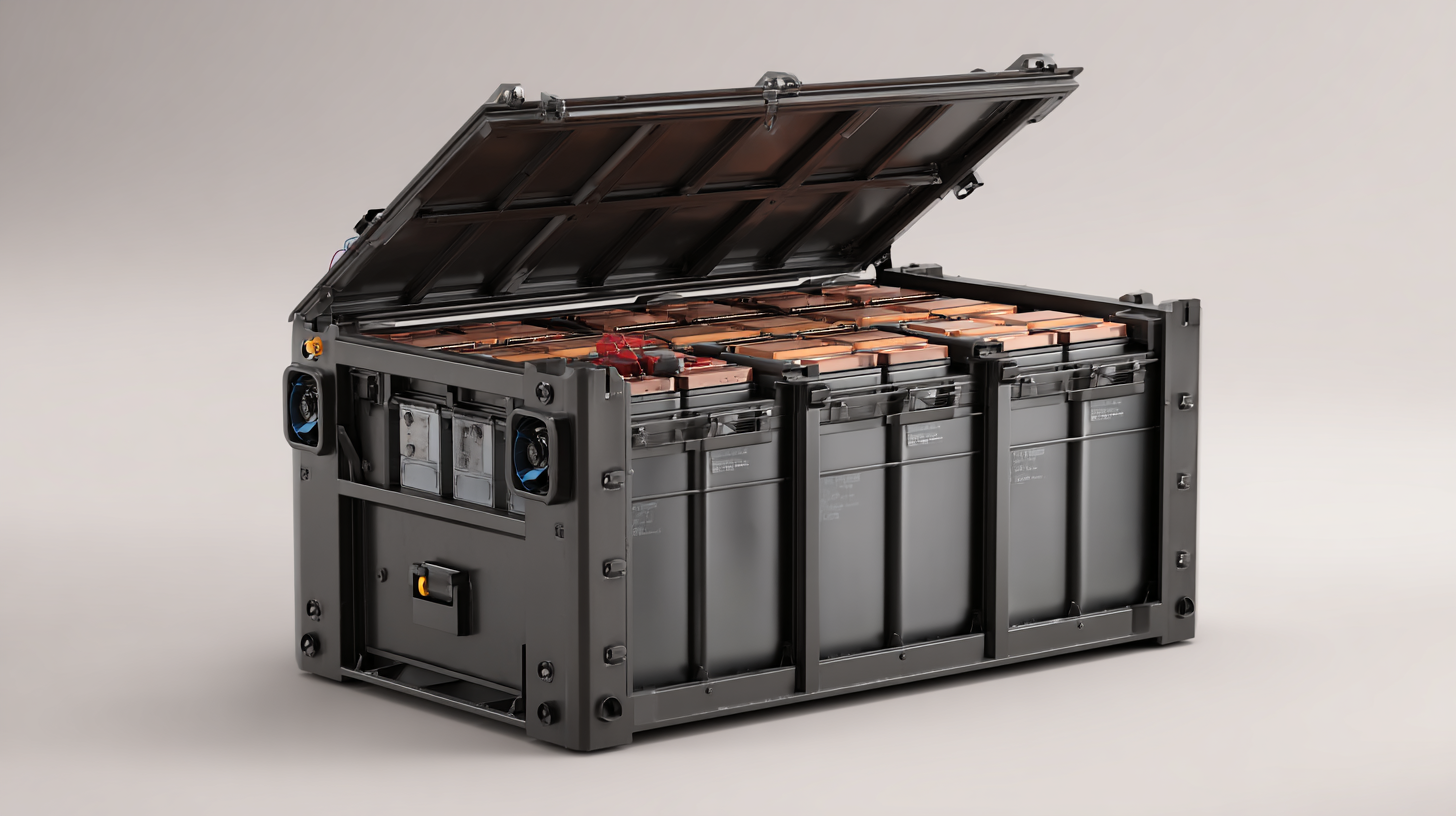
Key Features of 48V 300Ah Forklift Batteries for Increased Operational Efficiency
When it comes to optimizing warehouse operations, selecting the right forklift battery is crucial. The 48V 300Ah forklift batteries stand out because they offer exceptional power and longevity, which can significantly enhance efficiency. These batteries feature advanced lithium-ion technology, providing faster charging times and extended usage cycles. As a result, warehouses can maximize productivity by minimizing downtime and maintaining consistent performance during peak hours.
**Tips:** To ensure you’re getting the most out of your 48V 300Ah batteries, consider implementing a battery management system (BMS). A BMS can help monitor the battery’s health, safeguard against overcharging, and extend its lifespan. Additionally, regular maintenance and proper charging practices will further improve efficiency and performance.
Another key feature of these batteries is their lightweight design, which contributes to better handling and maneuverability of forklifts. This weight reduction allows operators to navigate tighter spaces more comfortably and efficiently. Additionally, the low-maintenance aspect of these batteries means fewer maintenance checks and repairs, further streamlining operations in modern warehousing environments.
**Tips:** Train operators on best practices for battery usage, including optimal charging schedules and safe operating conditions. This proactive approach ensures batteries remain in top condition and can deliver reliable power when needed most.
Efficiency Comparison of 48V 300Ah Forklift Batteries
This chart illustrates the efficiency performance of various key features of 48V 300Ah forklift batteries. The data points represent the average efficiency percentage based on different operational capacities in a modern warehousing environment.
Cost-Effectiveness: How 48V 300Ah Batteries Reduce Overall Warehousing Expenses
The adoption of 48V 300Ah forklift batteries represents a significant leap in cost-effectiveness for modern warehousing operations. These advanced batteries offer a higher energy density and longer cycle life compared to traditional alternatives, which directly translates into reduced downtime and maintenance expenses. With their ability to maintain optimal performance over extended periods, warehouses can operate more efficiently, minimizing the need for frequent replacements and ultimately lowering capital expenditure on battery assets.
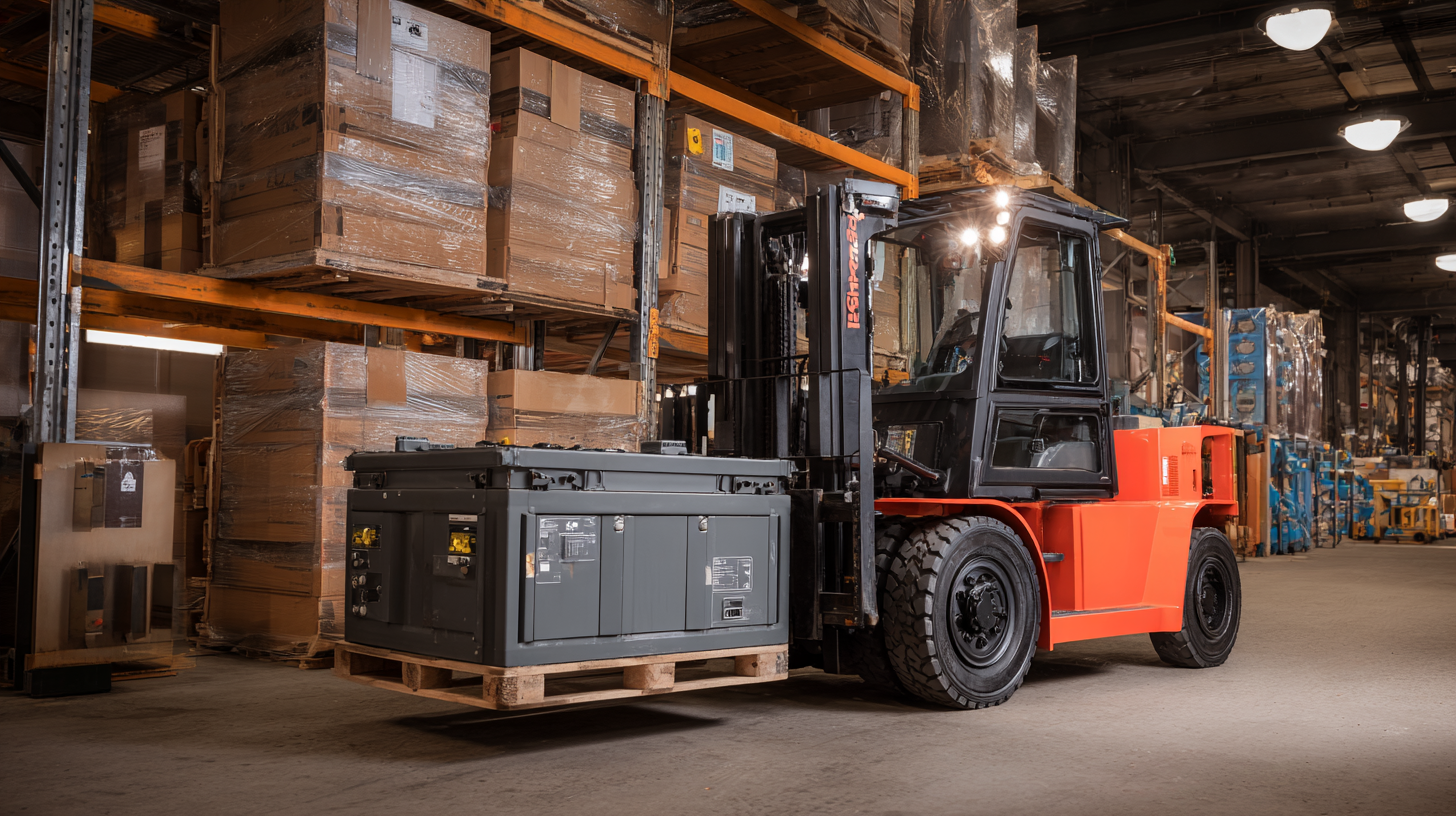
Moreover, the efficiency gains from using 48V 300Ah batteries contribute to substantial savings in energy costs. These batteries can be charged quickly and used for longer stretches, allowing forklifts to remain operational without the interruptions associated with lower-capacity systems. This reduced charge time not only enhances productivity but also allows warehouses to maximize their asset utilization. In an increasingly competitive market, the financial benefits realized through smarter energy solutions can provide a critical edge, making 48V 300Ah forklift batteries an optimal choice for cost-conscious warehousing operations.
Sustainability Aspects of Using 48V 300Ah Forklift Batteries in Warehousing Operations
The shift towards sustainability in warehousing operations is increasingly supported by the adoption of 48V 300Ah forklift batteries. These advanced battery systems not only enhance operational efficiency but also significantly reduce the carbon footprint of logistics activities. According to a report by Allied Market Research, the global forklift battery market is projected to reach $10.3 billion by 2026, driven by a surge in demands for more environmentally friendly solutions in material handling.
Using 48V 300Ah batteries enables warehouses to benefit from higher energy efficiency, as these batteries typically exhibit a lower internal resistance and a longer cycle life compared to traditional lead-acid batteries. A study from the Battery University indicates that lithium-ion forklift batteries have a lifecycle of over 3,000 charge cycles, compared to about 1,000 cycles for their lead-acid counterparts. This longevity not only translates to decreased replacement costs but also means less battery waste in landfills, aligning with sustainable practices.
Furthermore, the decreased energy consumption associated with these batteries leads to lower greenhouse gas emissions, enhancing the overall sustainability profile of modern warehousing operations. The U.S. Department of Energy reports that transitioning from lead-acid to lithium-ion batteries can reduce energy use by as much as 30%. This shift not only contributes to a greener planet but also positions warehouses to meet increasingly stringent environmental regulations and consumer expectations for sustainable practices.
Maximizing Efficiency: The Ultimate Guide to 48V 300Ah Forklift Batteries for Modern Warehousing - Sustainability Aspects of Using 48V 300Ah Forklift Batteries in Warehousing Operations
| Feature | Details |
|---|---|
| Voltage | 48V |
| Capacity | 300Ah |
| Cycle Life | Over 2500 cycles |
| Charging Time | 6 to 8 hours |
| Weight | Approx. 600 lbs (272 kg) |
| Sustainability Benefits | Reduced CO2 emissions, recyclable materials, energy efficiency |
| Applications | Warehouses, distribution centers, manufacturing |
| Cost Effectiveness | Long-term savings on energy and maintenance costs |
Best Practices for Maintaining and Maximizing Lifespan of 48V 300Ah Forklift Batteries
The efficient management of 48V 300Ah forklift batteries
is crucial for modern warehousing operations. To maximize the lifespan of these batteries, implementing best practices in maintenance is essential.
Regular inspections and monitoring of battery performance can help identify potential issues before they escalate, ensuring that the forklifts operate at peak efficiency.
Additionally, maintaining optimal charging practices, such as avoiding overcharging and ensuring proper temperature control during charging cycles, significantly contributes to prolonging battery life.
Moreover, the selection of high-quality replacement parts and adherence to manufacturer guidelines play vital roles in maintaining battery health.
Training warehouse staff on proper battery usage and maintenance procedures fosters a culture of care that can extend battery longevity significantly.
As the warehousing landscape evolves with increasing reliance on efficient electric vehicles, organizations must prioritize the sustainable management of their forklift batteries to enhance operational productivity and reduce costs in the long run.
Related Posts
-
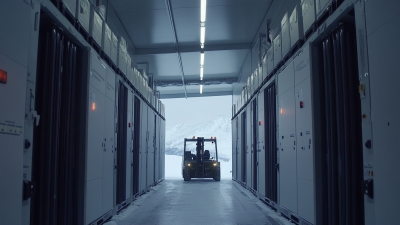
Challenges Faced When Using 48v Forklift Batteries for Global Operations
-
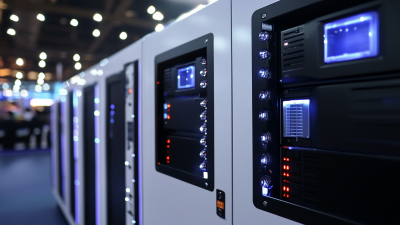
Top 10 Lifepo4 Energy Storage Battery Manufacturers from China at the 137th Canton Fair
-

Future Trends in 2025 for the Best 48v Forklift Battery and Innovative Solutions for Sustainability
-
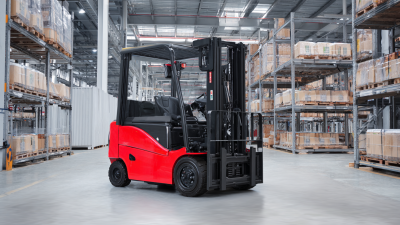
Revolutionizing Efficiency: The Rise of China's Best Forklift Battery in Global Markets
-
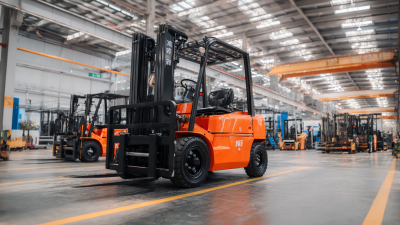
Precision Engineering in China Elevates the Best 48v 300ah Forklift Battery for Global Service
-
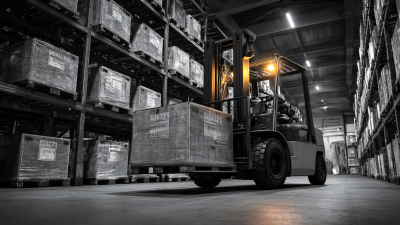
How to Choose the Right Forklift Battery for Optimal Performance and Longevity







